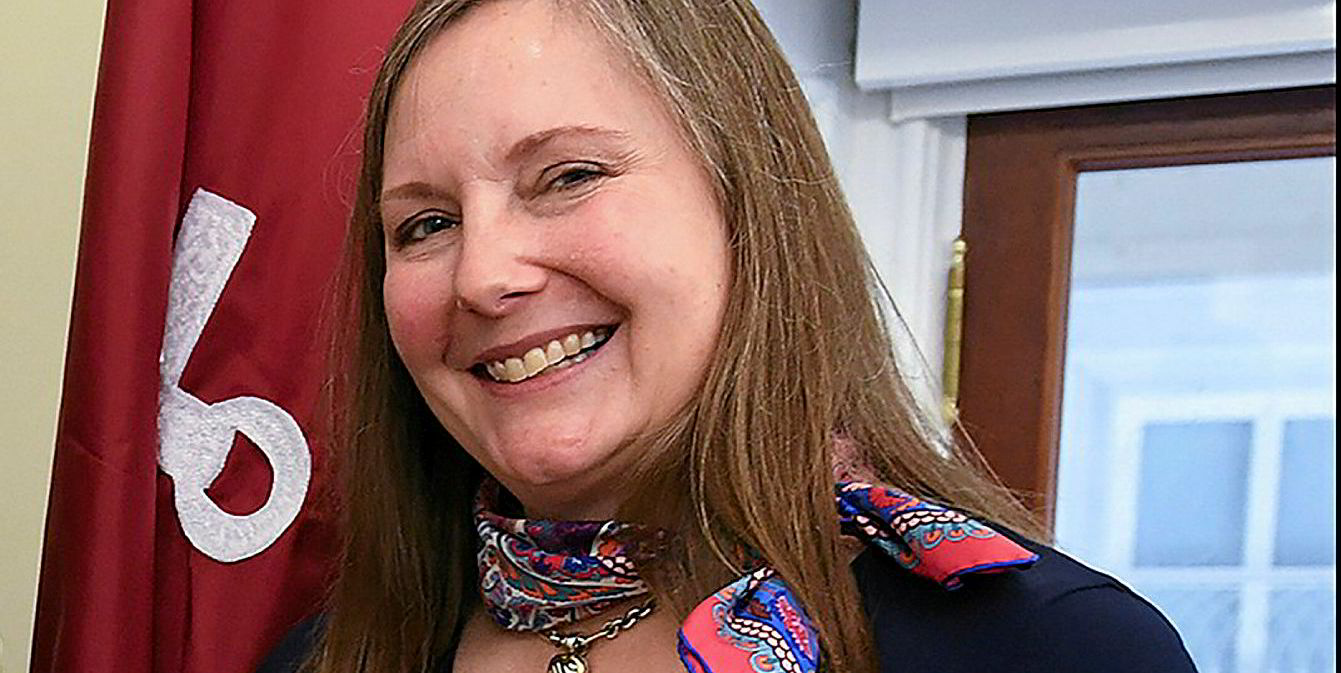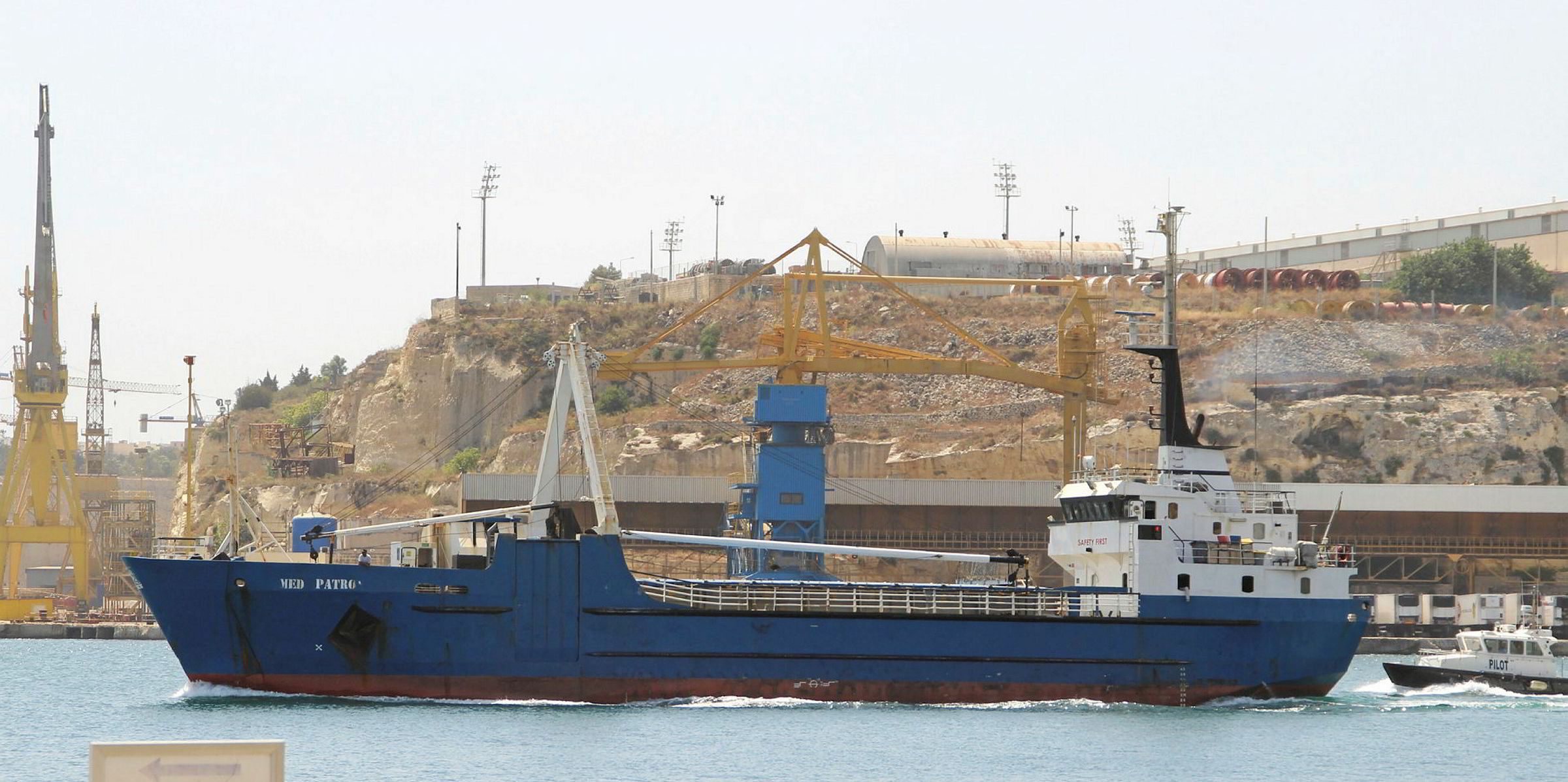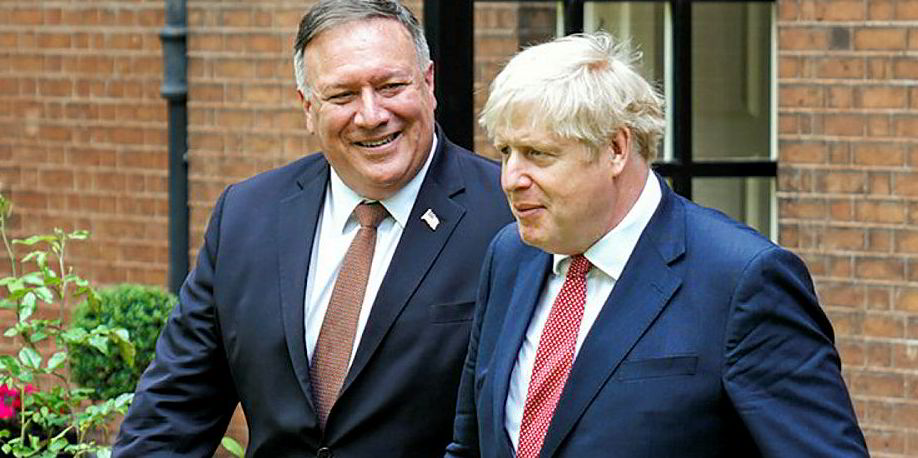The US Department of the Treasury has announced a new round of sanctions on companies and individuals for their alleged involvement in Syria’s petroleum sector.
To pressure the regime of President Bashar Hafez al-Assad, Europe and the US have had an oil embargo imposed on Syria since 2011.
Washington added seven individuals and 10 companies to the Specially Designated Nationals and Blocked Persons List this week for violation of those sanctions.
Those include Syria-based Arfada Petroleum Private Joint Stock Co and Lebanon-headquartered Sallizar Shipping SAL, which have sealed some deals with the Syrian government to revive the country’s oil sector.
The two outfits together own 85% in two joint ventures to develop a heavy crude oil refinery in Syria’s Raqqa region and a condensate oil refinery in Tartus, the US Department of the Treasury said.
Assad's government holds the remaining 15% stakes in the two projects.
Separately, Arfada and Sallizar have reached an agreement with the regime to develop and expand the Tartus oil terminal.
“The Treasury Department is determined to continue to apply economic pressure on the Assad regime and its supporters for the repression conducted by the regime,” treasury secretary Steven Mnuchin said.
Equasis indicates Sallizar is an active firm in Lebanon, but no ship is recorded under its ownership.
There have been reports of Syria importing Iranian crude via tankers owned by front companies in Lebanon, with Tehran being one of Assad's biggest supporters.
TankerTrackers.com, which follows oil flows, reported last year that the 160,400-dwt Sandro (built 2000) and the 46,300-dwt Jasmine (built 1996) were involved in transporting Iranian oil to Syria via ship-to-ship transfers.
Data from Equasis shows the Sandro’s registered owner is Sandro Overseas Off-Shore SAL and the Jasmine’s is Africo 1 Off-Shore SAL. Both are located in Lebanon.
The Sandro was linked to sanctioned Syrian tycoon Samer Foz, TankerTrackers.com founder Samir Madani said. The Jasmine and Africo 1 have been blacklisted by the US since September 2019.






